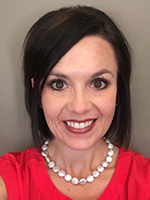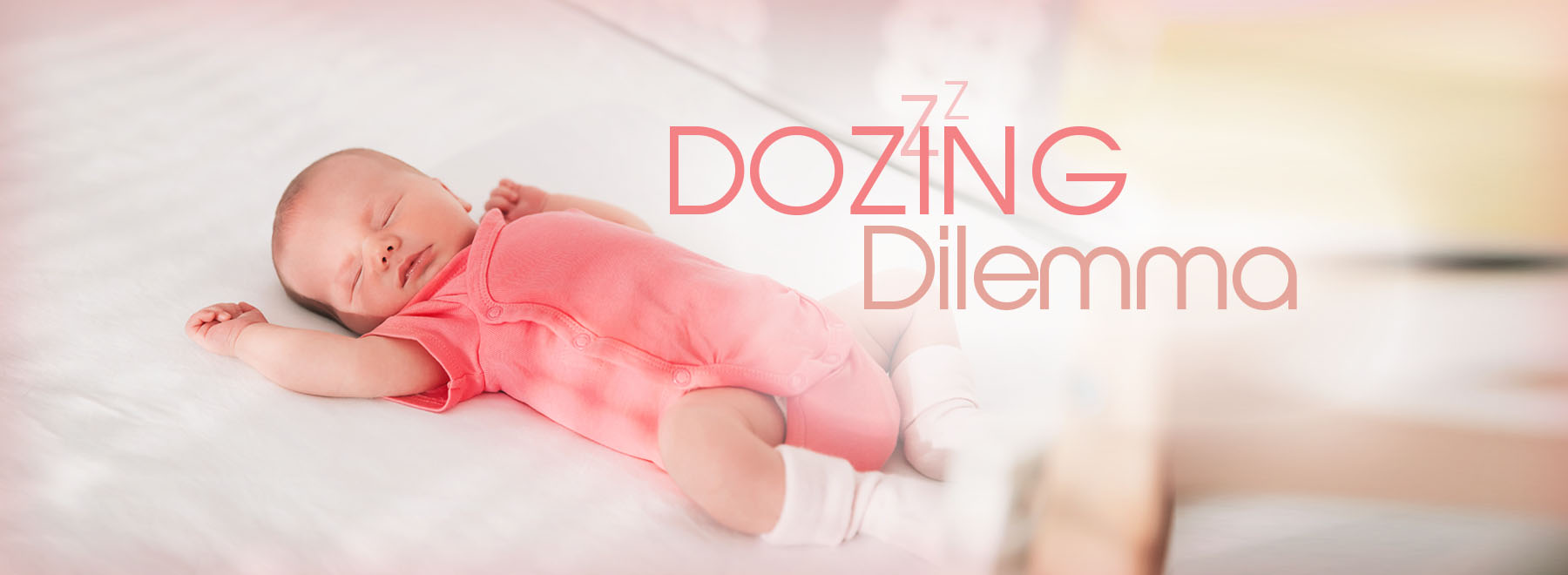How to ensure your infants’ safety while they sleep
National pediatric experts are emphasizing the importance of safe sleep practices for infants in the wake of last month’s recall of a popular baby sleeper.
Fisher-Price, an American company that produces educational toys for children and infants, agreed to a recall of almost 5 million “Rock ‘n Play” sleepers following a request by the American Academy of Pediatrics, a warning from the U.S. Consumer Product Safety Commission and a Consumer Reports investigation tying the product to at least 32 infant deaths.
Sleep-deprived parents often rave about the Rock ‘n Play, an inclined, cocoon-like sleeper, and similar products on social media and blogs in posts with titles like “Why Every Mom Needs the Rock ‘n Play Sleeper” and “Five Newborn Essentials to Make Mom’s Life Easier.”
While voluntarily recalling the Rock ‘n Play, Fisher-Price maintained the safety of its product and instead said the “product was used contrary to the safety warnings and instructions” in the deaths that occurred.
Pediatric experts at the University of Mississippi Medical Center said the product is not safe for sleep at any age and under any circumstances. In a state like Mississippi that has one of the highest rates of Sudden Unexpected Infant Death in the nation, the message about safe sleep is important.
SUID is an umbrella term used to describe the death of an infant when the cause is not immediately apparent before investigation.

“We start teaching safe sleep upon admission (to the Winfred L. Wiser Hospital for Women and Infants),” said Alice Chaney Herndon, nurse manager for the Mother Baby Unit and WIC and Lactation Services at UMMC. “As soon as that baby is born, we started telling the mom, ‘Your baby always goes on its back to sleep. Always put your baby in its crib and never let your baby sleep in the bed with you.’”
In 2017, UMMC was named a “Certified Safe Sleep Leader” by Cribs for Kids, a national organization with a stated mission to reduce infant mortality through the elimination of sleep-related deaths. In the same year, UMMC also became the second hospital in Mississippi to status from Baby-Friendly USA, an organization that includes a component that encourages and facilitates breastfeeding.
Herndon said she and her colleague, Amanda Bourne, nurse manager for the Intermediate Care Nursery and Newborn Nursery at UMMC, repeat other safe sleep pointers from the American Academy of Pediatrics.
They include:
• Put the baby to sleep on a firm surface.
• Keep the crib free of soft, loose items, such as blankets, pillows, stuffed animals and bumper pads.
• Encourage breastfeeding.
• Have the baby sleep in the parents’ room, but on a separate surface for at least the first six months.
• Avoid smoke exposure during pregnancy and after birth.
“It’s constant the whole time,” Herndon said. “I’ll make rounds and see a drowsy mom who has the baby in the bed with her and remind her to put her baby in the crib and to always put her bed in the lowest possible position.”
Bourne, who serves as a “Safe Sleep Champion,” leads the UMMC nurses who take care of the babies who are not quite ready to go home but no longer require the level of care offered in the Neonatal Intensive Care Unit. She and Herndon are responsible for the materials – pamphlets, books and information sheets – the hospital sends home with new parents about safe sleep and SUID risks.
“About seven days from going home and after weaning to a crib, we start really educating the parents,” Bourne said, “making sure that no one in the house smokes, and if they do, instructing them to go outside to smoke and change their clothes before touching the baby.”
Bourne and Herndon both work to educate everyone, not just mothers, about safe sleep. If a grandparent or caretaker will be taking care of the baby, Bourne and Herndon make every effort to make him or her aware of updated recommendations regarding safe sleep and breastfeeding.
Bourne said regarding safe sleep research, for many of these older caretakes, “a lot of things have changed since they had babies.”
In the early 1990s, prone sleeping – or sleeping on the stomach – was identified as a risk factor for Sudden Infant Death Syndrome. SIDS is a type of SUID defined as a sudden, unexpected death of an infant younger than 1 during sleep, but the cause of death is not readily apparent after an investigation.
In response to SIDS, the “Back to Sleep” campaign was launched by the U.S. National Institute of Child Health and Human Development at the U.S. National Institutes of Health. Rates of sleep-related deaths declined after the campaign launch, but have reached a plateau in recent years.
Dr. Charlene Collier, UMMC associate professor of obstetrics and gynecology, director of the Mississippi Perinatal Quality Collaborative and a consultant with the Mississippi State Department of Health’s Bureau of Maternal and Infant Health, reviews infant deaths in Mississippi as part of the Fetal Infant Mortality Review Program.
“Definitely the most common thing we see is accidental suffocation and rollovers due to babies sleeping in what we call unsafe sleep environments,” Collier said. “So that is being in an adult’s bed with soft bedding, sleeping on a pillow, sleeping on a Boppy breastfeeding pillow or sleeping in an inappropriate way in sleepers like the Rock ‘n Play.”
According to the Mississippi State Department of Health’s Infant and Mortality Report, Mississippi had 64 cases of SUID in 2017, 61 in 2016 and 80 in 2015. While those numbers may be alarming, the good news is many sleep-related deaths for babies who are not premature or have no other condition or diagnosis can be prevented.
“SUID is the leading cause of death for babies over one month old in the state, and most of them are very preventable,” Collier said. “If babies are put to sleep in an appropriate crib or bassinet with no pillows or blankets and sleep alone . . . then their risk of that happening is dramatically reduced.”
The above article appears in CONSULT, UMMC’s monthly e-newsletter sharing news about cutting-edge clinical and health science education advances and innovative biomedical research at the Medical Center and giving you tips and suggestions on how you and the people you love can live a healthier life. Click here and enter your email address to receive CONSULT free of charge. You may cancel at any time.



